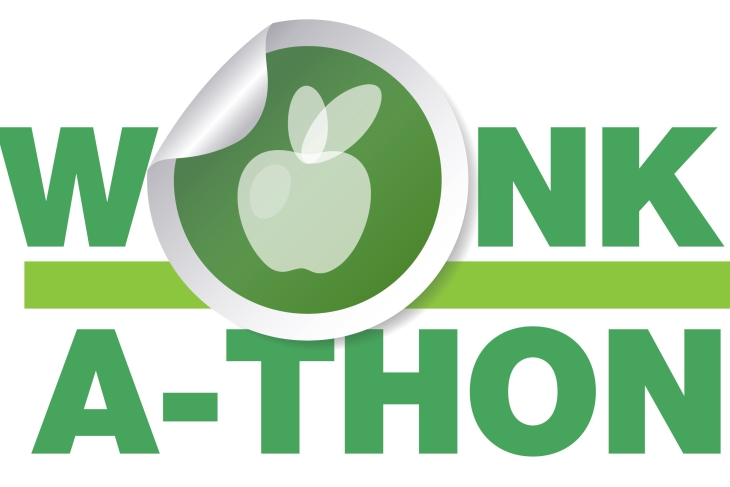Editor's note: This is the third post in Fordham's 2016 Wonkathon. We've asked assorted education policy experts to answer this question: What are the "sleeper provisions" of ESSA that might encourage the further expansion of parental choice, at least if advocates seize the opportunity? Prior entries can be found here and here.
The Every Student Succeeds Act (ESSA) includes a new provision championed by Chiefs for Change that will provide SEAs and LEAs with the resources to support direct student services (DSS). Through a 3 percent discretionary state reservation of Title I funding, states will be allowed to work with districts to rethink the use of a portion of Title I funds. The hope is that this will generate innovative approaches to bringing value and service to educators, families, students, and taxpayers. This new authority follows initiatives that Chiefs for Change members have taken in recent years to expand parental choice options as a means of improving student academic achievement. If all states take advantage of the new provision, over $425 million annually would be available to involve families in choosing personalized, outcomes-driven services for their children. These funds are made available in addition to the 7 percent set-aside for school improvement activities.
States opting into the program can develop grant processes to award the funds. The $425 million will be available annually for school districts to develop new, innovative ways to provide students in struggling schools a range of additional academic opportunities that aren’t presently available.
DSS programs can change the whole dynamic of a school system, giving students in our highest-need schools more access to more opportunities.
The provision could allow parents to choose from a wide variety of services for their children, such as access to otherwise-unavailable online courses, credit recovery programs for at-risk students, school choice, and programs that focus on personalized learning. To access the funding, states (in consultation with local school districts) will likely develop a competitive process for districts to submit plans for innovative DSS programs.
Once the grants have been awarded, parents will be able to choose which DSS services they want for their child. From a struggling student who needs personalized tutoring to a gifted student without access to Advanced Placement courses, the new initiative under ESSA could help hundreds of thousands of students across the nation. It gives states the ability to set meaningful, performance-based criteria for programs, ensure coordination, and leverage broader state initiatives.
Some states are already expanding parental choice options as a way to improve academic achievement. In Louisiana, students have been using the state’s course access program since 2013. Louisiana’s Supplemental Course Academy provides public schools and districts with funding to help meet the individualized course needs of secondary students. The academy currently enables more than twenty-seven thousand students to take both online and face-to-face courses from approved providers who meet national standards of quality. Through the Supplemental Course Academy, Louisiana students can:
- Earn college credit through dual enrollment programs or advanced coursework
- Receive industry certi?cation through approved career and technical pathways
- Stay on track for graduation through intensive remediation and credit recovery.
From Advanced Placement classes to career and technical education, students can choose from a simple online catalog of in-person, online, and blended courses. The program has increased course enrollment by 700 percent since 2014.
Orange County Public Schools (OCPS) Advanced Studies program provides students with the opportunity to take a diverse set of Advanced Placement or International Baccalaureate (IB) courses for which they can earn college credit. To support their goal of making college a reality for all, OCPS schools invite families to AP Parent Night and fund six-week Saturday “AP camps” prior to the exams to provide students with additional preparation. The IB diploma pass rate has increased from 66 percent in 2011–12 to 79 percent in 2014–15.
Starting in 2012–13, OCPS invited the top 10 percent of all seventh graders to enter a program called Orange Tips. The goal of the initiative was to provide them after-school SAT test prep tutoring to hone their preparation for college or careers. Almost 1,300 were identified in 2012–13 and 302 sat for the SATs. In 2014–15, more than 1,600 were identified, and 397 took the SATs. With the additional funds available through a possible DSS set-aside, OCPS could expand the reach of these successful programs.
This is an excellent opportunity for districts to bring more innovation and choice to struggling districts that have seen little of either. It’s a chance for states to unleash the power of creative educators and develop programs their students may have never been able to access. It will take a lot of cooperation between states and their local districts, but for parents and kids all across the nation—and especially kids in struggling schools—it means more choices and a better chance at success.
Chiefs for Change has developed a policy brief to guide states through the process of implementing DSS.
Mike Magee is the CEO of Chiefs for Change.



